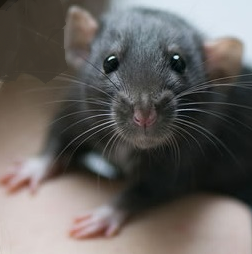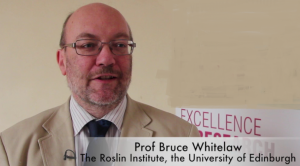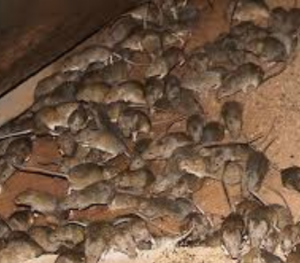
Is it the end of the line for mice and rats?



Researchers at Edinburgh university’s Roslin Institute plan to use mice in a contained lab environment to evaluate the effectiveness of the approach for controlling mammal pests including rodent vermin.
Tests of infertility “gene drive” designed to era te disease-carrying mosquitoes have shown positive results in laboratory tests elsewhere.
“We have the making of a technology that could reduce or eliminate a pest population in a humane and Species-specific manner, and we need more research to better understand the risks – and whether these can be mitigated – but we believe the potential benefits merit further investigations” said Bruce Whitelaw, a professor at the Institute.
In natural inheritance, there is a 50 per cent chance of a parent passing a particular trait to its offspring, based on the fact the animal that reproduces sexually inherits two versions of every gene, one from its father and one from its mother. But the new gene drive is designed so that a specified gene is inherited by all offspring even if it is present in only one parent.
The Roslin researchers will use the new DNA editing technology called Crispr to experiment with two possible drives. One is a homing gene drive, which destroys a gene essential for female fertility. Males remain fertile, so they mate with available females, spreading infertility until the entire population crashes. The other is an “X-shredder” gene drive, which rips apart the X sex chromosome- and thereby preventing the birth of fertile females.
Modelling and research suggests a gene drive could spread rapidly thorugh the species that reproduce quickly and reduce populations to a very low level. Female mice can have 10 pups every 12 weeks.
However, some campaigners are calling for a moratorium on gene drive research, fearing this technology could leash dangerous side effects or be misused for military or terrorist purposes.
US government’s Defence Advanced Research Projects Agency is the world’s biggest funder of work on the technology.
“Gene Technology are a powerful and dangerous new technology and potential biological weapons of mass destruction ( WMD) that could have disastrous impacts on peace, food security and the environment, especially if misused,” said Jim Thomas, Research programme manager of ETC Group an international technology monitoring organisation based in Canada.
